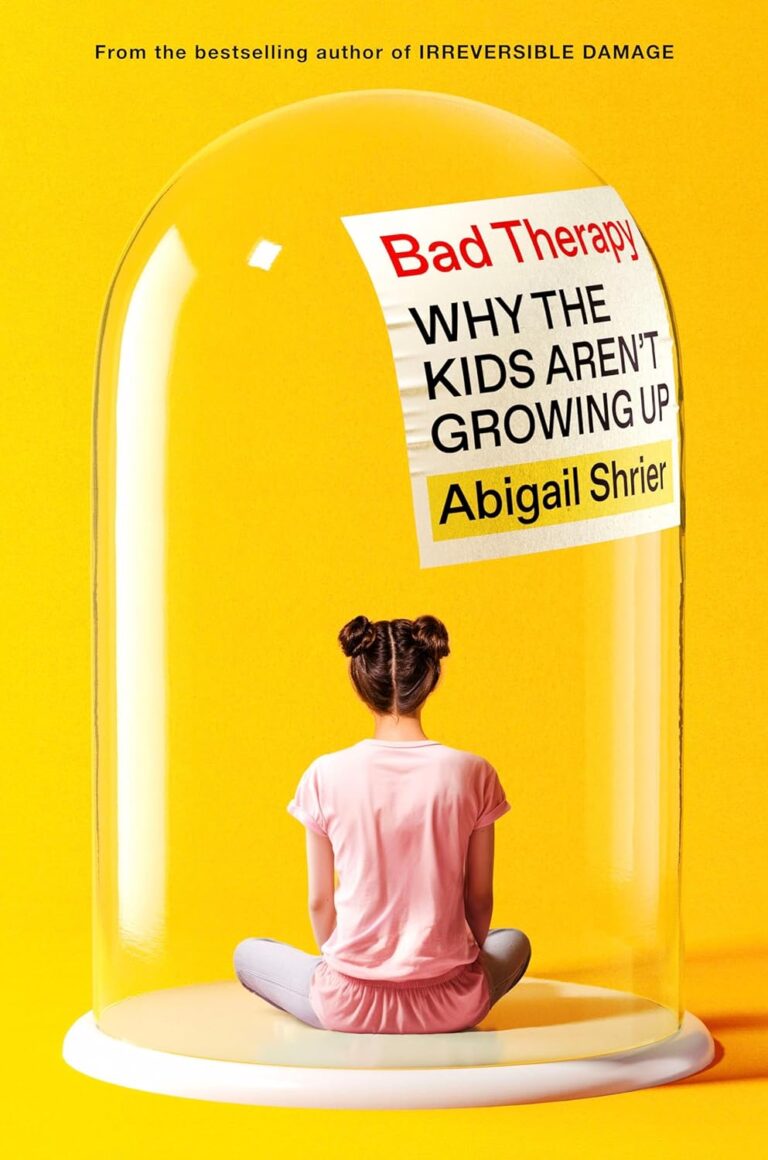I'm always fascinated by the topic of forgiveness and how it works out in every day life. As a therapist, I can honestly say that it is perhaps the most troubling thing for many of my clients to face. Not their abuse, not their affairs, not their brokenness but the brokenness of others that has seeped into their lives like an infectious disease spreading and killing.
"I don't know how to forgive," is one of the most common phrases I hear every day in therapy.
"I don't understand what it means to forgive," is probably the second most common.
So of course, when my friend Wayne told me about a book he was reading, I had to borrow it. I'm now buying it. Here's a snippet. I am hoping I'll be sharing more as I read through the book.
"Forgiveness is centered in morality, which in its simplest form is concerned with the quest for the good. When people seek the good, they do so in relation to others. Thus, morality has an interpersonal sense about it. It is not a self-satisfying, hedonistic pursuit. To be moral does not imply that one must use certain language forms or behaviors to qualify as a moral person, but it does imply that the focus is on the relationships and other people, with good intentions toward them.
Two aspects of human goodness that are connected with forgiveness are justice and mercy, ancient forms of morality that at times seem to be connected in conflict with each other."
Enright and Fitzgibbons, Helping Clients Forgive, pp. 23

